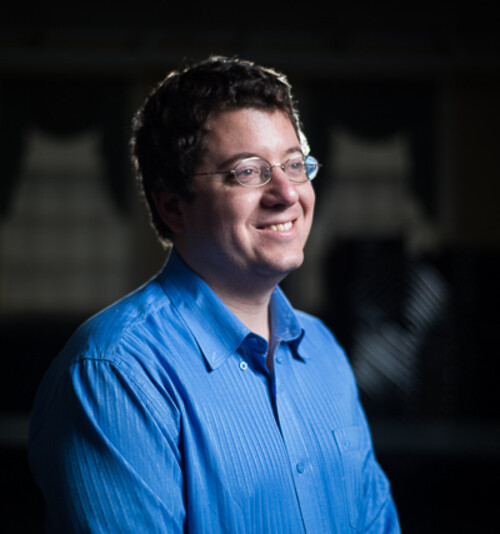Danny Orbach

In the Israeli army, Danny Orbach was a very obedient soldier. But he was curious about those less obedient, and how they always seemed to be able to talk their way out of any consequences. Once, he watched a fellow soldier kick a hole in the wall and, when caught trying to repair it by his commanding officer, receive extra vacation time for his amateur carpentry.
Military disobedience has become the major preoccupation of Danny’s scholarship. In high school he wrote a thesis on German resistance to Hitler that eventually evolved into a book-length project, and when after college he won a traveling scholarship from the Japanese government, he tried to apply the theoretical tools he had developed to that country’s history. “It didn’t work,” he says. “In both cases there were military assassinations, but the reasons were completely different.” Through diaries, court and police transcripts, press accounts, letters, memoirs, and diplomatic documents, he began to develop a new perspective on 20th-century Japanese military history.
Specifically, Danny’s research concerns a series of events that led to a pervasive acceptance in Japan of military disobedience. With the collapse of the old system of legitimacy after the revolution of 1868 and the installation of the child emperor as the figurehead of those now in power, almost any decision could be justified by appeal to this political empty center. Untethering the military from governmental control, in this unstable situation even the most calamitous decisions were treated with leniency. So when the Japanese ambassador to Korea assassinated that country’s queen, or when a military cabal attempted an all-out coup d’etat in Tokyo, the offenders in both cases were punished with only the lightest of sentences.
“This created a situation in which Japanese politicians couldn’t make diplomatic concessions to other countries, because they were so afraid of upsetting the army,” says Danny. “They couldn’t go back, only forward. So Japan had to expand into China.” And so, he continues, much of the history of a world war originates with the private culture of Japanese army officers, and their proclivity for very uncivil disobedience.

